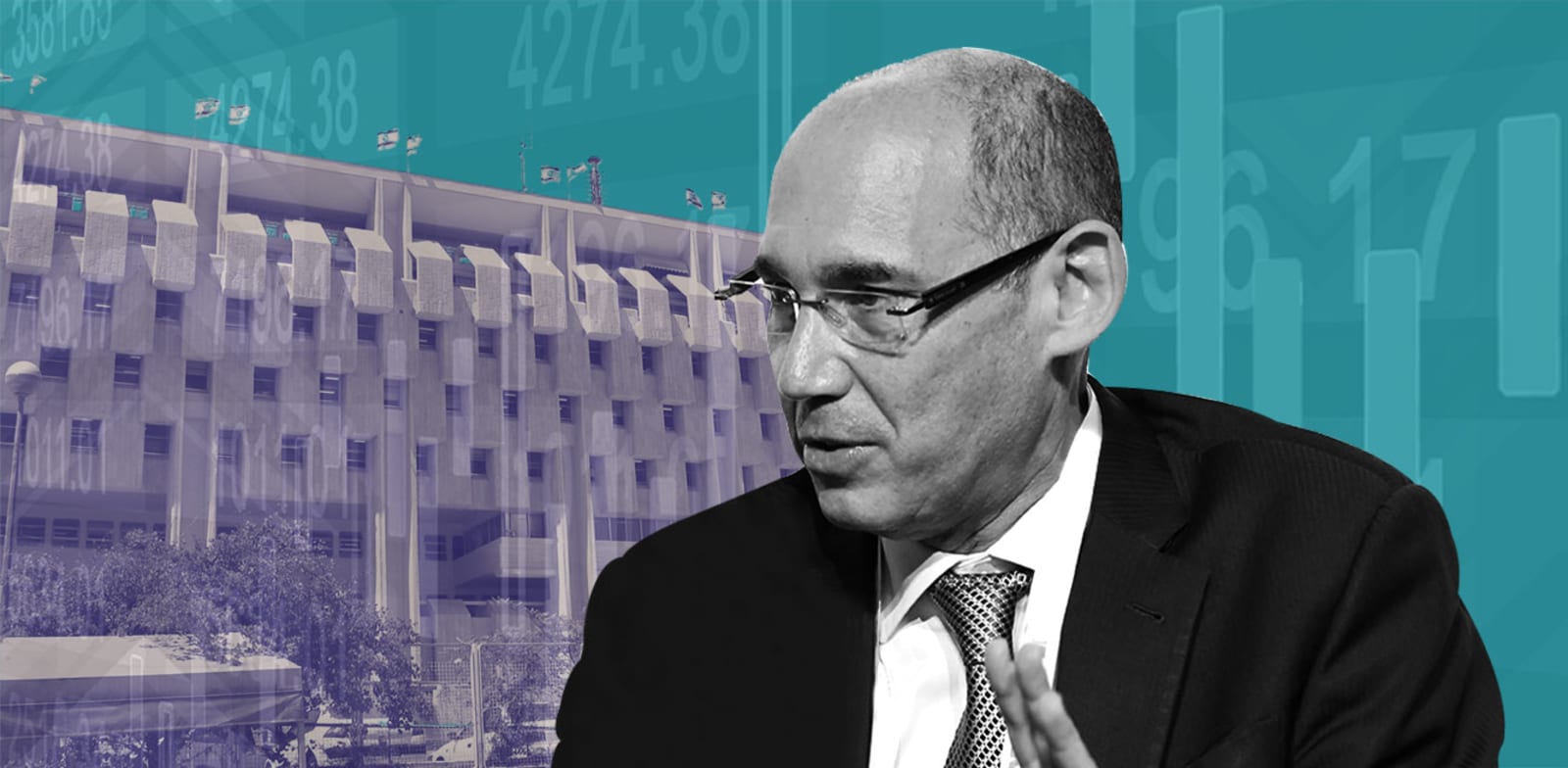The bullish momentum that propelled Bitcoin (BTC) to a 66.1% year-to-date gain has all but vanished as Bitcoin lost 9.4% in the past 6-months. Bitcoin price seemingly had sustained bullish momentum after the Grayscale court victory against the SEC, but these gains have fully evaporated as the losing streak from September continues into October.
The contraction in Bitcoin price has some analysts comparing the current BTC market to the pre-bull market cycle of 2015-2017 as $28,000 becomes a major resistance.
Let’s take a closer look at the factors impacting Bitcoin price today.
Liquidity disappears as Bitcoin longs liquidated
The start of 2023 saw traders with short positions continually dominating liquidations in the futures market. Bulls were caught off-guard on Aug. 17 when a flash crash caused over $213.5 million of longs to be liquidated. This marked the largest single day of Bitcoin long liquidations since the Terra Luna collapse in May 2022.
Since the flash crash, the market has been in a perpetual state of capital outflows from risk assets like Bitcoin. Options volume is down 40% on Oct. 9.
Bitcoin long liquidations continued in October with $12.6 million liquidated in the 24-hours proceeding Oct. 9.

When BTC longs are liquidated without buying pressure from traders, Bitcoin price is negatively affected. Bitcoin trading volumes have also continued to drop as Binance bleeds market share for the seventh straight month after halting zero-fee trading.
The absence of consistent liquidity and trading volume has led some analysts to describe Bitcoin price behavior as illiquid and choppy.
Related: The Truth Behind Cuba’s Bitcoin Revolution: An on-the-ground report
All eyes are on the spot Bitcoin ETFs
The short-term uncertainty in the crypto market does not appear to have changed institutional investors’ long-term outlook. Despite a hostile U.S. regulatory environment, large institutions are pushing for Bitcoin financial instruments which may spark a bull run. Currently, 9 top investment firms have ETF applications pending with the SEC.
Despite the urgency of major financial firms, the SEC seems poised to continue to delay decisions on approving Bitcoin ETFs, including BlackRock’s application, until 2024. This could continue negatively impacting investor sentiment and price action across the crypto market.
While some investors have speculated that BlackRock may be suppressing Bitcoin price ahead of their eventual ETF launch, the argument seems to be a conspiracy as they have more to lose from a BTC price crash.
Related: Bitcoin bulls keep pressure on $28K while calls for BTC price dip grow
Even with the current Bitcoin price downturn, Real Vision’s Raoul Pal believes macro factors like interest rate cuts and ETFs will spark the next BTC bull run.
Will short term pain in macro lead to long-term gains in crypto?
Bitcoin price continues to be directly impacted by macroeconomic events, and it is also likely that further escalation in the conflict between Israel and Hamas, regulatory actions and interest rate hikes will continue having some effect on BTC price.
Directly after the conflict between Russia and Ukraine began, Bitcoin price dropped by 8%. While the drawdown was quickly erased, it’s likely that investors will expect the conflict-driven volatility to continue.
In the long term, market participants still expect the price of Bitcoin to recover, especially as more financial institutions are seemingly embracing BTC.
The views and opinions expressed here are solely those of the author and do not necessarily reflect the views of Cointelegraph.com. Every investment and trading move involves risk, you should conduct your own research when making a decision.















